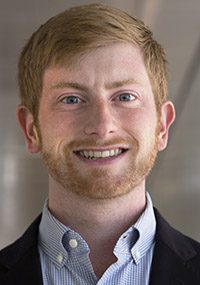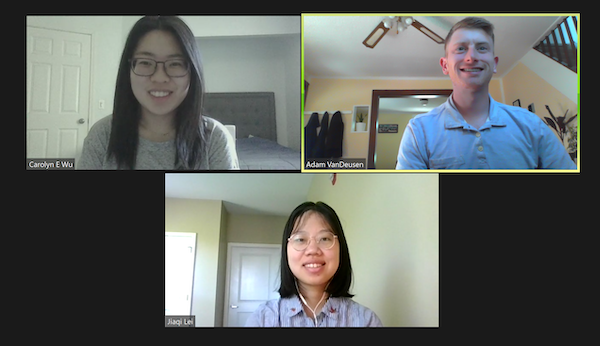
At CHEPS, our interdisciplinary teams apply engineering tools to solve important problems in healthcare. While we may not always classify it as such, our work often fits within the scope of “health services research” (HSR), a field that considers how healthcare is organized and delivered, and how these systems impact components like healthcare quality, cost, and access. HSR is a key focus of several CHEPS partner organizations in Ann Arbor, including the University of Michigan Institute for Healthcare Policy and Innovation (IHPI) and the Veterans Affairs (VA) Center for Clinical Management Research. I have found working with these and other collaborators to be meaningful because we have leveraged quantitative skills to change how healthcare is provided, primarily through improving access to care.
A recent report from AcademyHealth led by Jonathan Grant outlined a need for more incentives in HSR for research that yields societal impact. In this report, Grant posits that academic researchers are under-motivated to conduct research that has meaningful societal impact because they spend time meeting alternative demands, including tenure guidelines, funding source rules, and graduate degree requirements. As I was reading this report, I reflected on how societal impact is incentivized in engineering education and the need for more human-centered engineering education.
The vision of Michigan Engineering is to “(aspire) to be the world’s preeminent college of engineering serving the common good,” and the National Society of Professional Engineers lists the top canon in its Code of Ethics that engineers will “hold paramount the safety, health, and welfare of the public.” Whether we intend it or not, our work as engineers will impact human beings. Civil engineers create infrastructure plans that will impact climate change. Computer scientists design algorithms that impact judicial sentencing. Biomedical engineers develop technologies that impact the outcomes of life-saving surgeries. Yet, in our education, how often do we truly consider these impacts and, perhaps more importantly, the unintended outcomes of how our tools are implemented?
I earned both my undergraduate and (almost!) graduate degree in Industrial and Operations Engineering at the University of Michigan. I have been fortunate to be able to address meaningful problems in healthcare by using the quantitative methodology learned in the classroom and deepened through applied research. However, few degree requirements mandate that students consider the human-level impact of the tools we are being trained to deploy. I took only a handful of courses in which people, not math or science, were the focus, and those were generally courses that I opted to take. For example, I chose to take a senior design course that focused on industrial engineering projects in hospital systems. Working with my student teammates on a project that improved how Michigan Medicine inpatient rooms were effectively cleaned gave me experience working on a real-world project, but also contributed to decreasing the risk of hospital-acquired infection for Michigan Medicine patients.
While some baseline quantitative training is required to gain the skills needed to tackle real-world problems, engineers should leave a degree program with a deep understanding of how our discipline impacts other people. This can be improved through shifting degree requirements to include courses in areas like public health or the environment, as well as by recalibrating current requirements to ensure students are deepening the context to consider the human impact, beyond spending one-third of a lecture talking about engineering ethics so that accreditation requirements are met.
I am not the first person to consider the needs for human-level impact to be a focus in engineering. Groups like IDEO have championed human-centered design and U-M Dearborn offers a degree in human-centered engineering design. This fall, Boston College will welcome its first class of a Human-Centered Engineering program, where students will focus on solving global issues in the domains of health and the environment.

At CHEPS, students, faculty, and collaborators keep societal impact as a focus while also pushing students to enhance their quantitative skills. A key example can be seen in our work with the VA to improve access to chronic eye disease screenings. In this project, we aimed to improve access to eye care for veterans using a mixed-integer program that allocated different types of providers throughout a set of geographically dispersed clinics. During team meetings, our discussions ranged from how we could ensure geographically equitable access for patients to how we could restructure our optimization model to incorporate stochasticity of patient counts. My teammates and I were able to complete this project with improved industrial engineering skills, and a sense for how our models could make an impact.
I am thankful that CHEPS and other research groups exist where students can conduct human-centered engineering research. These research groups allow us to not only strengthen our engineering skills by really considering how to structure an optimization problem, but also ask questions like, “what kind of patients will be impacted if we were to relax the constraint that requires a clinic location in every county?” While this type of applied research may not be suitable for every engineering student, the world would certainly benefit if every engineering student had a more thorough understanding of how their work impacts others.
